News
News / 06/20/2014 / 1127
One of the distingushed speakers at the first Wine Identity Conference in Belgrade was Jo Ahearne MW, lecturer, oenologist and consultant from Great Britain. During her first visit to Belgrade and Serbia, we had an opportunity to discuss the issue of wine identity with her.
You have participated in Wine Identity Conference in Belgrade... MW Symposium in Florence also dealt with the issue of identity and innovation... It seems that the question of wine identity has become rather important nowadays... Probably because we drink now so many 90-point-awarded wines from Chile, Australia, even Spain or East Europe that are very much alike –jammy, fruity, with ripe grapes picked later, new oak, despite being made from different varieties and in different regions. Is there a way back from this „globalization“ of taste?
I think there's always a positive side to each perceived negative. There's a tendency in us all to believe that the grass is always greener on the other side so to speak. There was a time when the concept of physiological ripeness was not often considered. Regularly grapes were picked at X Brix or 'before the hunting season got into full swing'. There was a lot of green tannins and thin wine around. So in a way when Europe started seeing the riper flavour profiles of the 'New World' and looked to their vineyards to see what other flavour profiles they could produce, that 'globalisation' wasn't such a bad thing. But, of course, super low yields, over-extraction and over-oaking blurs the lines of regionally and even variety.
But (and there are people who will kill me for saying this) there is an element of blurred lines when it comes to natural wines also.That doesn't mean I don't like those wines but rather that I also like to drink a wine which shows varietal character more.
I like the depth and breadth of styles that are available now. If you like bigger, bolder more oaked wines then they are there, if you like less extracted more elegant wines they are there and if you like natural wines they are much more widely available now than they ever were. You vote with your feet (or your money) and buy the styles you like and it's hugely exciting that you don't have to choose only one style.
How to make a good wine? Where is the thin line between industrial product and artisanal, crafted work of art?
As a former Jacobs Creek winemaker who also worked with boutique, award winning wineries as well as within the co-operative movement I do get a little put out by the concept of 'industrialised' wines. I am only speaking from my own experience when I say that in my work with the 'larger scale' wineries I only ever added yeast, oak chips/staves, sulphur and acid to the winemaking process. With white wines there was an element of fining and bentonite additions along with pectolytic enzymes to settle the juice. Grapes are an agricultural crop whatever the number of bottles you make. There are many wines that are made in small quantities that have reverse osmosis done to them to find the 'sweet spot' of alcohol - is this not an 'industrial process'? There are many wines that are made in small quantities that are no where near being a work of art. When you are involved in wine (either for work or for pleasure) you can sometimes get a warped sense of wine's place in the world. It's there to make us feel better/happier, to share with friends while we talk and (hopefully) laugh, to enhance the food we eat. But in the end it's a beverage - a wonderful, fascinating and (to me) life-enhancing one but still a beverage. When I was at the Florence Symposium there was a discussion with a signpost that pointed one way for quality and another for quantity. I found that deeply disturbing. Sure there are some entry point wines that are to me truly horrible but these find many customers who presumably are happy and enjoy them. Not everyone can afford crafted wines so who are we to say that the 'industrialised' wines should cease to be or judge people who drink them? I can't afford crafted wines all the time either and there are lots of wines around made in well run, thoughtful larger scale wineries that keep me going between pay packets!
Due to young vineyards, Eastern Europe as a whole still produces „wine-maker's wines“ instead of „terroir wines“ (with some notable exceptions). Is the situation the same in the developed wine markets that oenologists are often perceived as stars and wineries use oenologists to market their wines?
Well I think Michel Rolland's made a fair stab at being a star and I would assume that ALL of his consultancies use him to PR their wines..... There are winemakers who make fantastic wine and don't want to go and talk to people about it so their ability to be used to 'market' their wines is limited. It seems to me that there are people who find it easier to talk about their wines than others. That's not a criticism for either camp. Are there more 'star' winemakers in the New World than the Old? I think you'd need to do a statistical analysis to work that one out. Some regions are perceived to be the stars rather than the winemakers. So the push for the wines from that region is easier while others are seen in a less glamorous light. Take Emilia Romagna for example. Most people think that Lambrusco is pale, insipid sugar water with bubbles in it so it's often overlooked. Whereas REAL Lambrusco is the most wonderful, vivacious wine. Everyone perceives Priorat as an amazing quality region (just one of many I could name so don't take offence) but some of the wines just do not live up to the image. Same for Champagne, Bordeaux, Rioja, Chianti......I could go on. These wines come from regions that are supposed to have terroir but many of the wines fail to deliver. Maybe more 'star' winemakers would make the wines from these regions better? Or maybe just better winemakers star or otherwise... It's all about understanding your grapes and not trying to get more from them than they have to give.
Has the moment arrived for wines from this corner of Europe to emerge on the global wine scene?
I think there is a lot of interest in the UK in finding 'new' regions and varieties and The Balkans are right up there in that search.
What are your thoughts about where and how to position Serbian wine-making scene?
Big question! As I said in the seminar - 'be careful what you wish for'. You have a vibrant wine scene domestically and your best known wines command a high price. They are not known internationally so that price would be hard to sustain. Each wine today is in competition, not just with similar wines made near by, but with wines that are made all over the globe. This is another positive to the concept of globalisation for the consumer.

Tomislav Ivanović
Awarded wine writer, wine critic and contributor to selected wine magazines. WSET3-certified author and editor-in-chief of www.vinopedia.rs. Member of Vojvodina Sommelier Association. Juror in national and international wine competitions. Lecturing about wines of Serbia and the Balkans. Local partner of Wine Mosaic organization. Co-founder of International Prokupac Day.
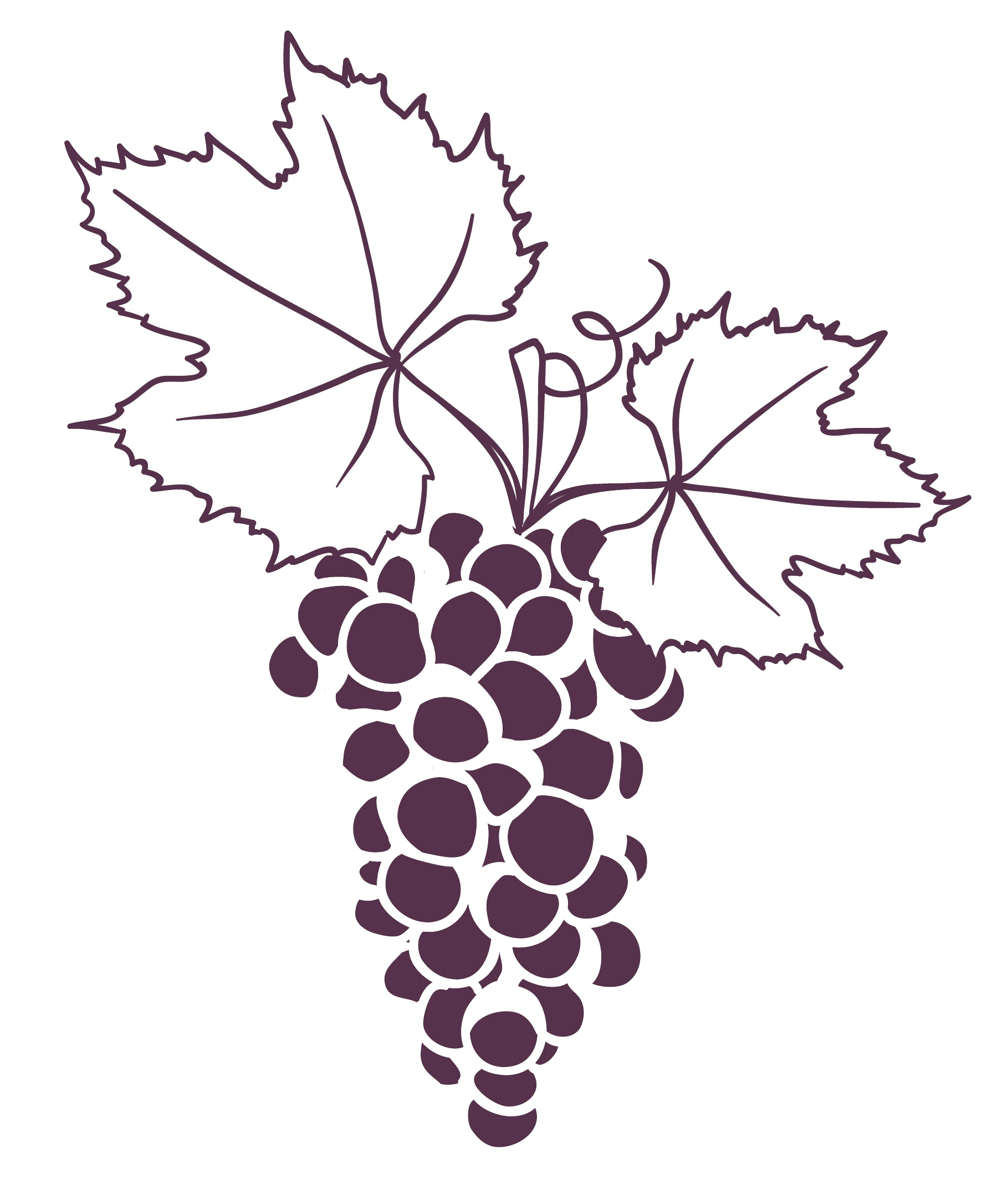
Pročitajte i druge članke iz ove rubrike:
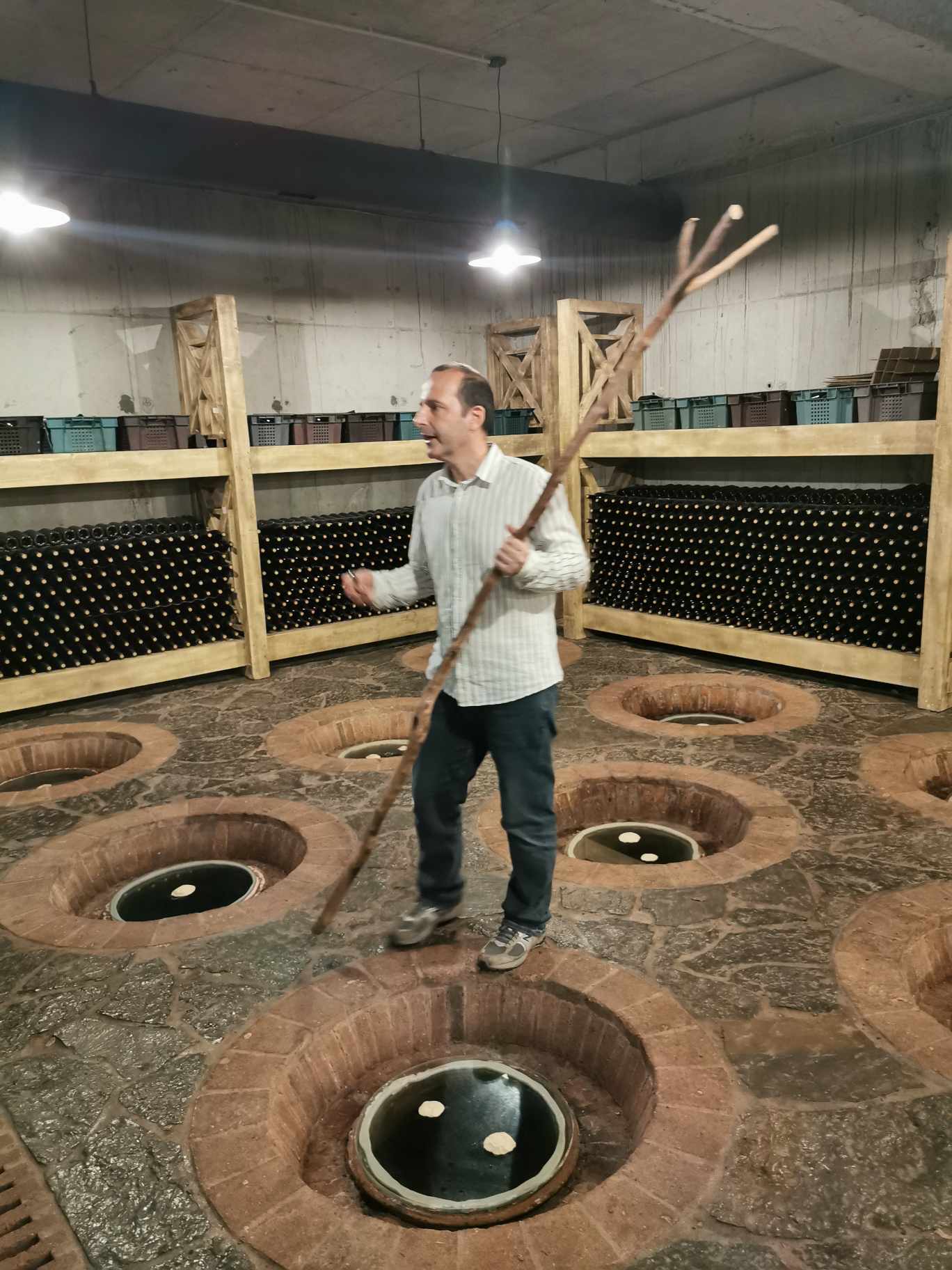

GIUAANI - VINSKI TURIZAM NA GRUZIJSKI NAČIN
PROČITAJ VIŠE
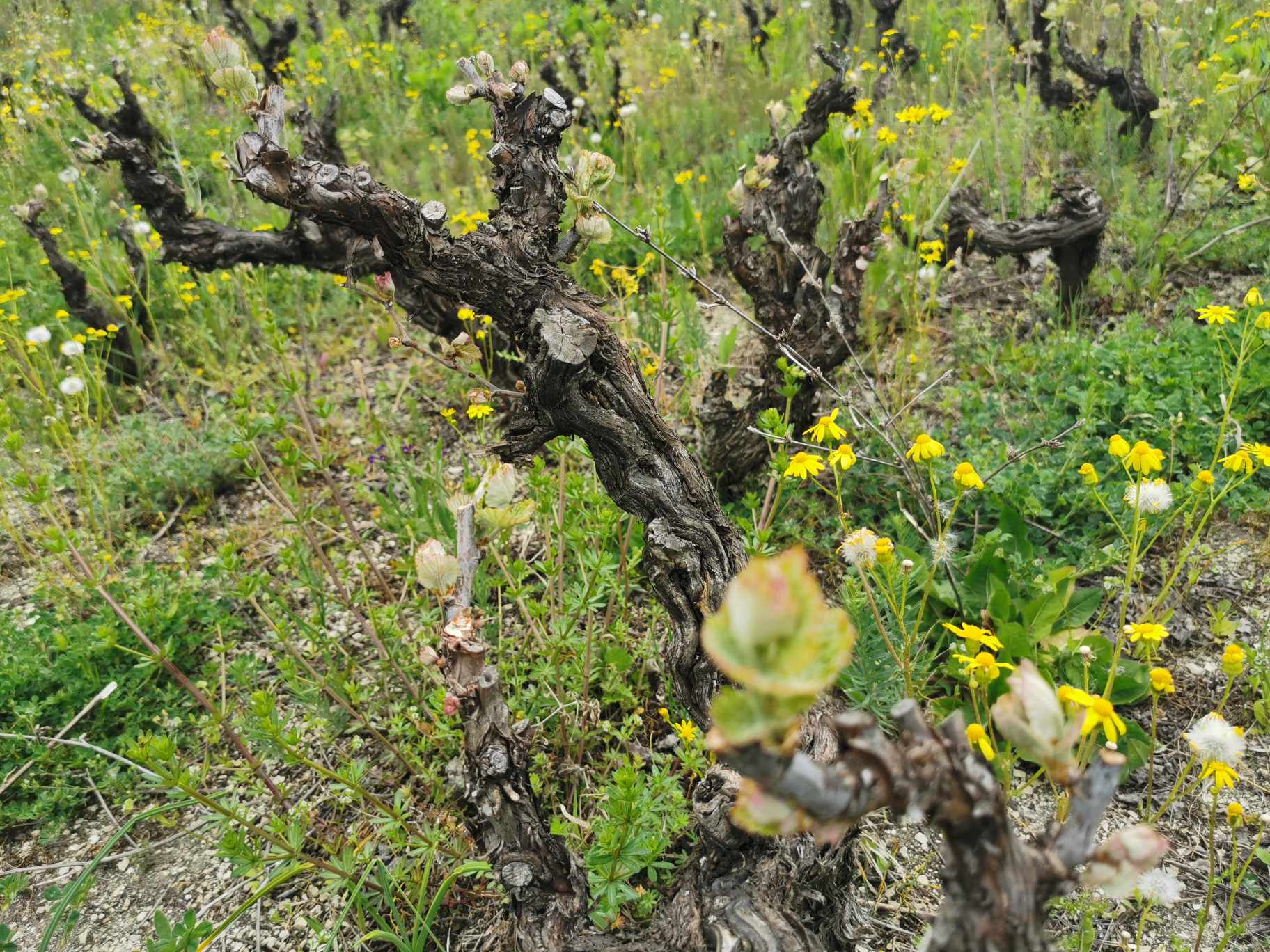

SPASIMO STARE VINOGRADE SRBIJE
PROČITAJ VIŠE
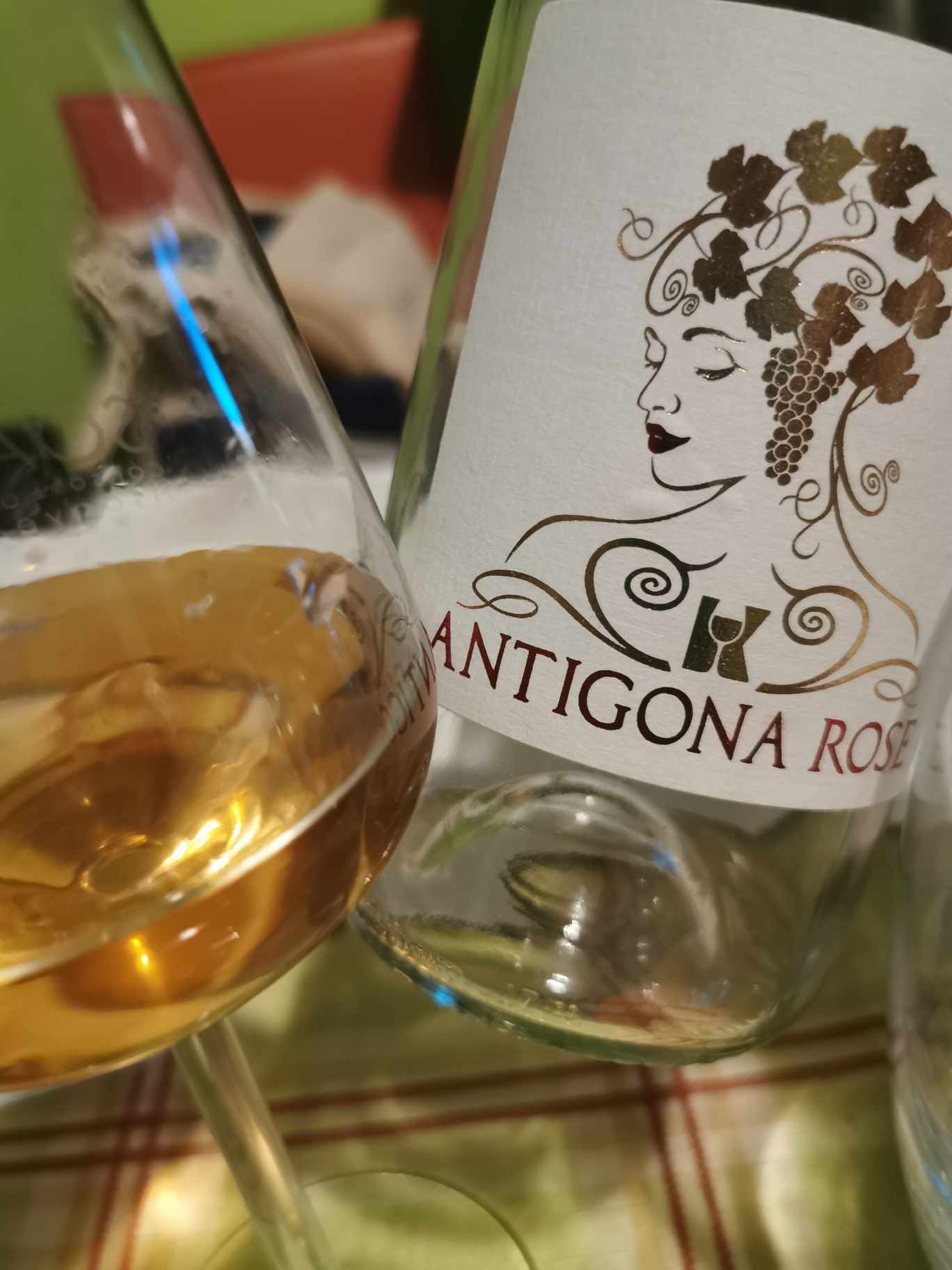

NAŠLI SMO ANTIGONU IZ ORAHOVCA
PROČITAJ VIŠE
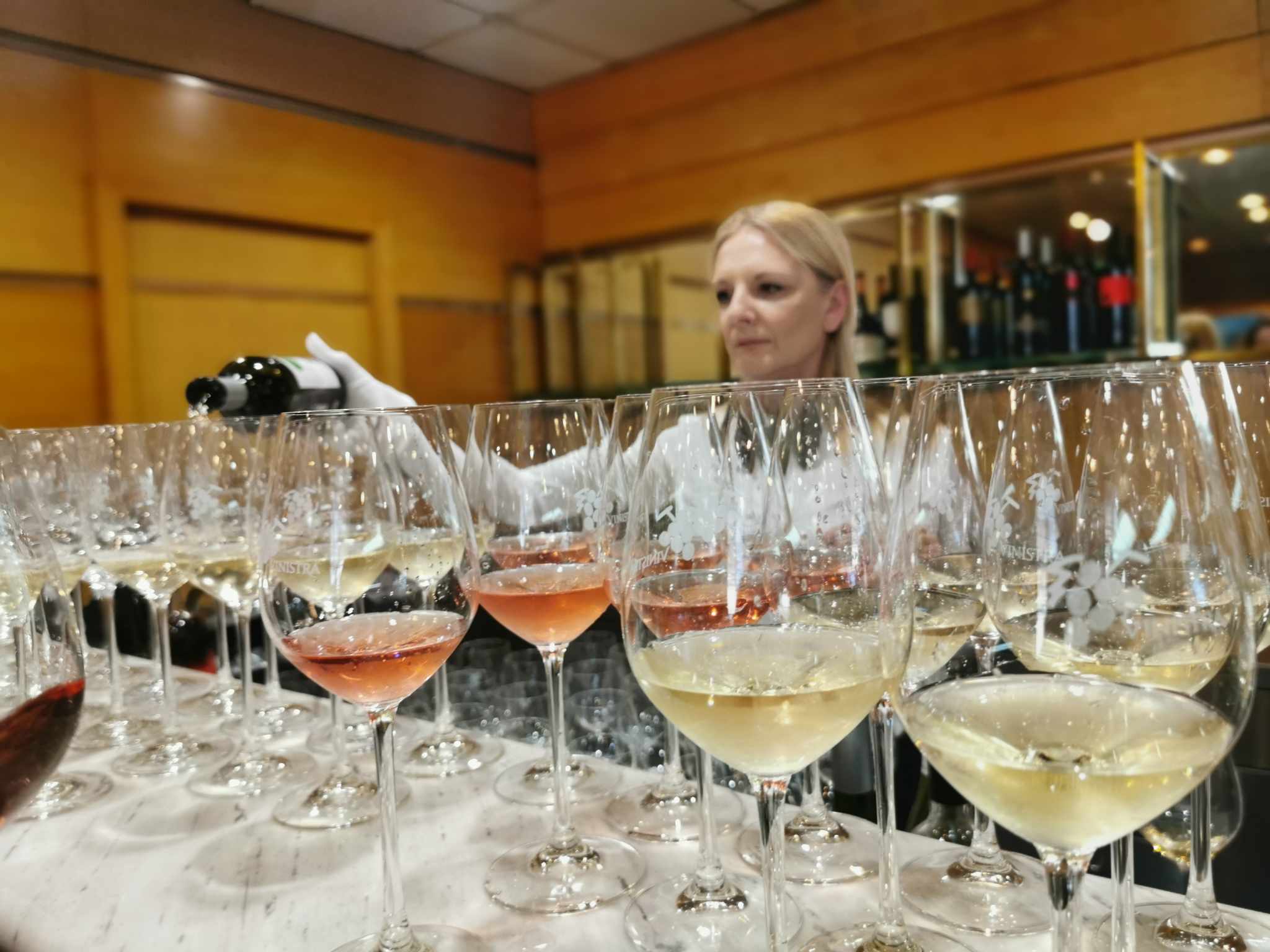

SRPSKO VINO KOŠTA 100 EUR - I ŠTA ĆEMO SAD?
PROČITAJ VIŠE
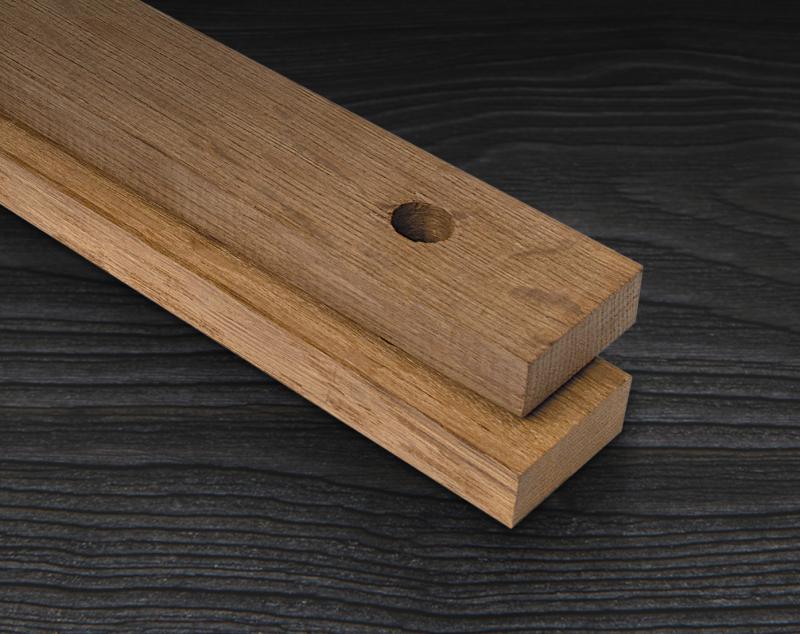

MOŽE LI VINO BEZ BURETA? IMA LI ALTERNATIVE?
PROČITAJ VIŠE
Winner MILLESIMA BLOG AWARD 2016

Pobednik MILLESIMA BLOG AWARD 2016
VINO & FINO wine personality of the year 2016
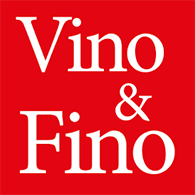
VINO & FINO vinska ličnost godine 2016